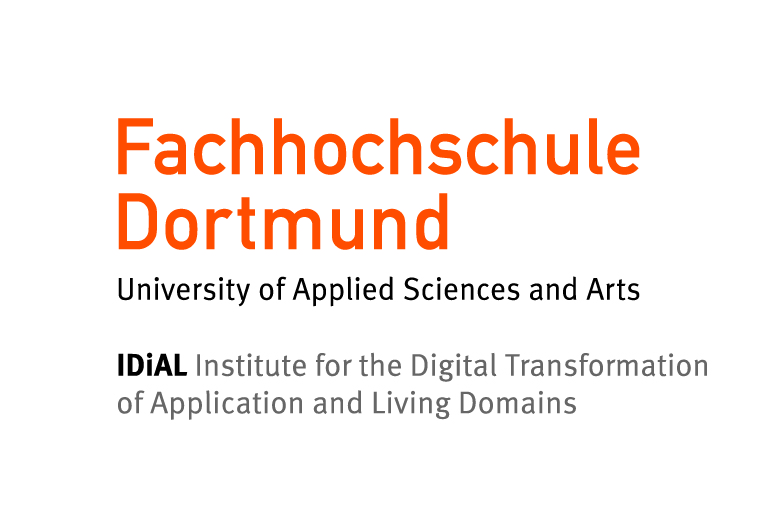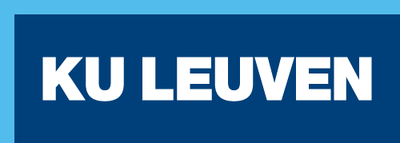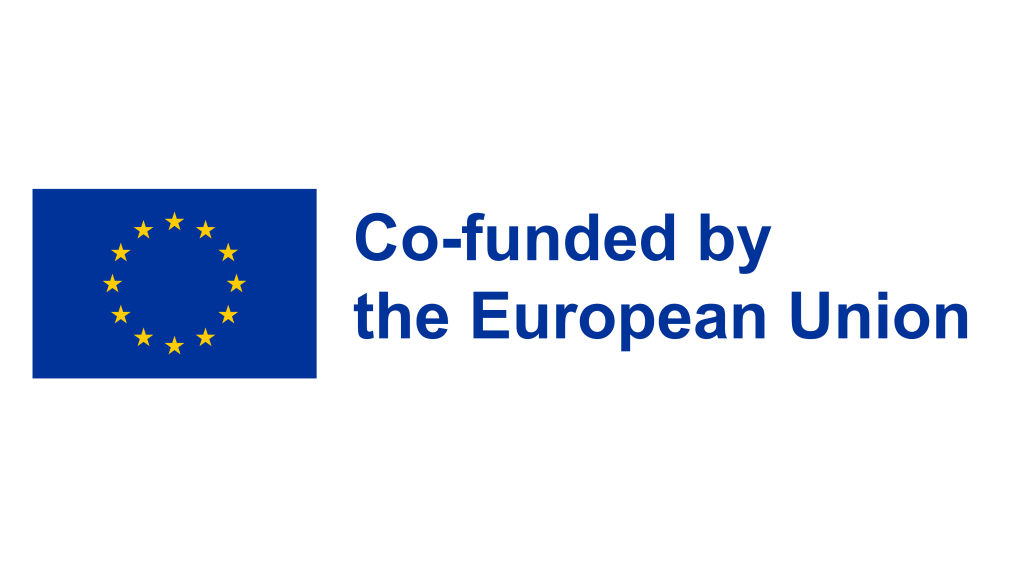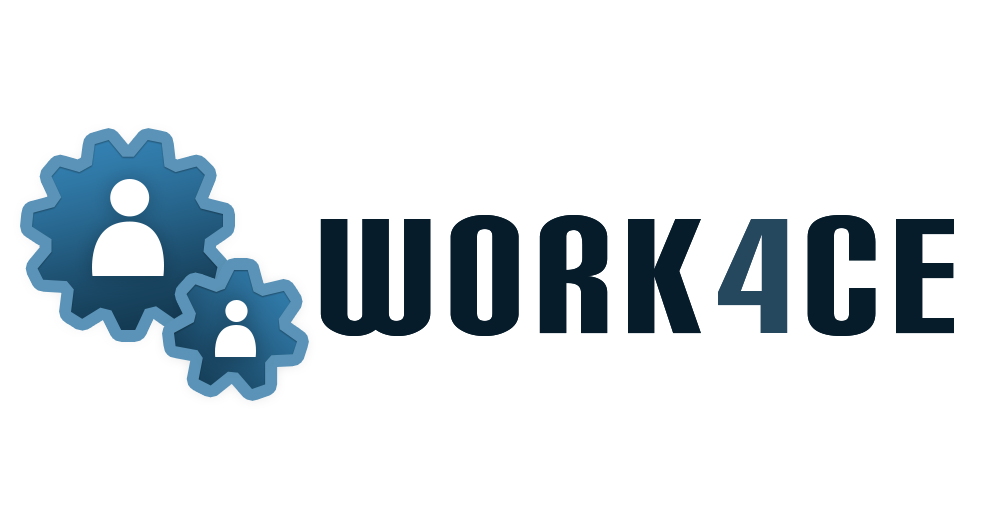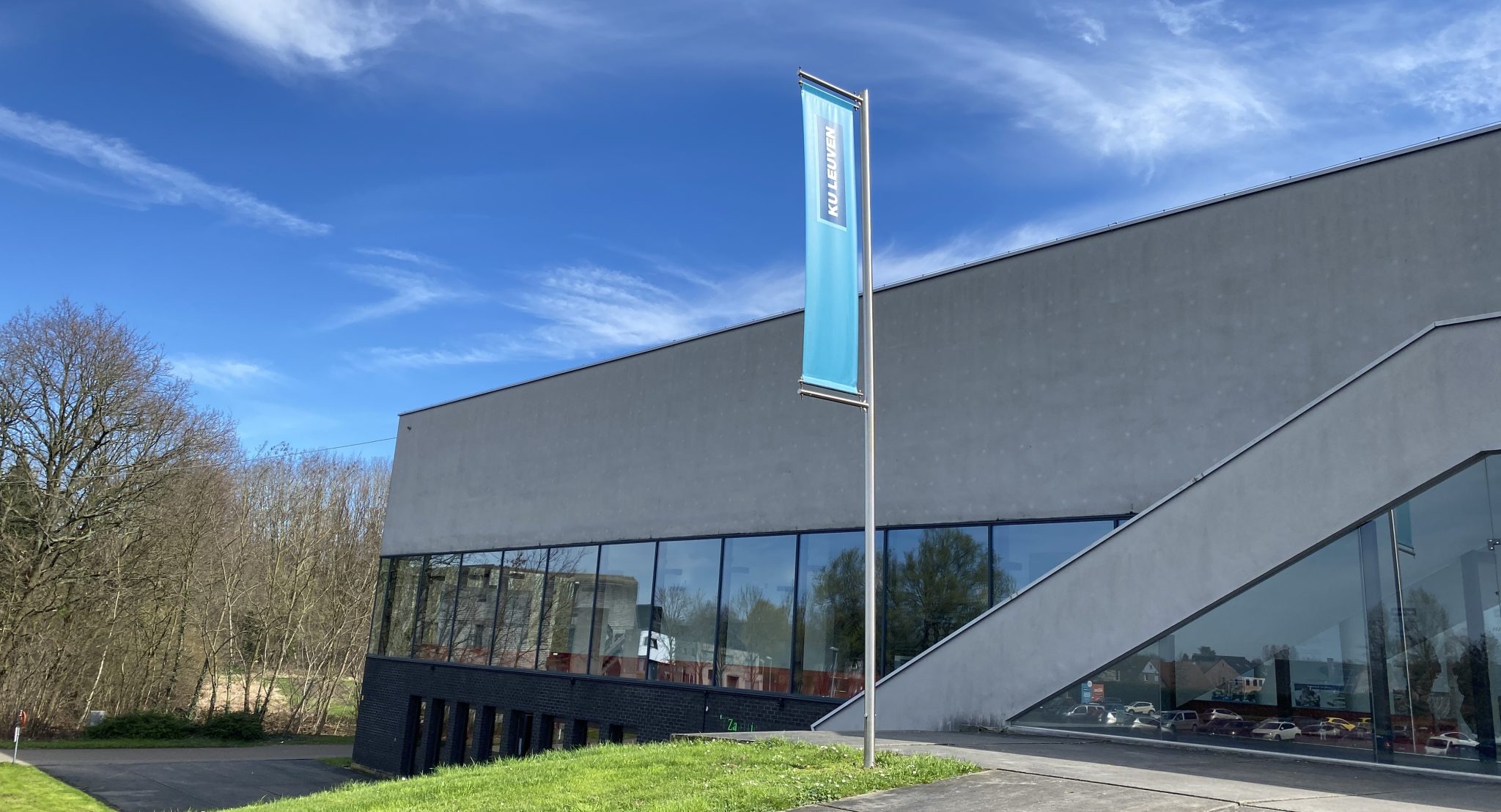Katholieke Universiteit Leuven in Belgium (KU Leuven) recently hosted an International Exchange Week 2024, welcoming students from different corners of the world to engage in a unique academic and cultural experience at the Campus De Nayer. This year’s International Exchange Week was especially noteworthy due to the recent joining of the University of Applied Sciences and Arts (FH Dortmund) to the Euclides Network, of which KU Leuven is one of the founders. This expansion brought forth exciting new collaborations and projects for FH Dortmund, including the International BIP (Blended Intensive Program) week focusing on “(Personal) energy efficient mobility in the future.” The participation of students from different institutions added a dynamic dimension, fostering cross-cultural interactions and the exchange of innovative ideas.
One of the standout events during this week was the campus tour of KU Leuven, one of Europe’s oldest universities. This tour was particularly special, offering a glimpse into the university’s rich history, academic excellence, and vibrant student life. At Campus De Nayer, students are not just learners; they are creators and innovators empowered to make a tangible impact in the world of engineering and technology. One of the distinguishing features of KU Leuven is its interdisciplinary approach to education and research. The campus hosts students and faculty from different engineering fields, encouraging the exchange of ideas and collaboration across disciplines. This approach mirrors the real-world scenarios where students often work in multidisciplinary teams to solve complex problems and develop innovative solutions.
The faculty of Engineering Technology’s approach of supporting all technical courses with lab work where students use commercial and real equipment, leads to an overall 15000m^2 of labs campus De Nayer. Some of the highlights of the tour are the auto technological center (1), the welding center (2), the chemical processing lab (3) and the civil construction proofing floor (4).
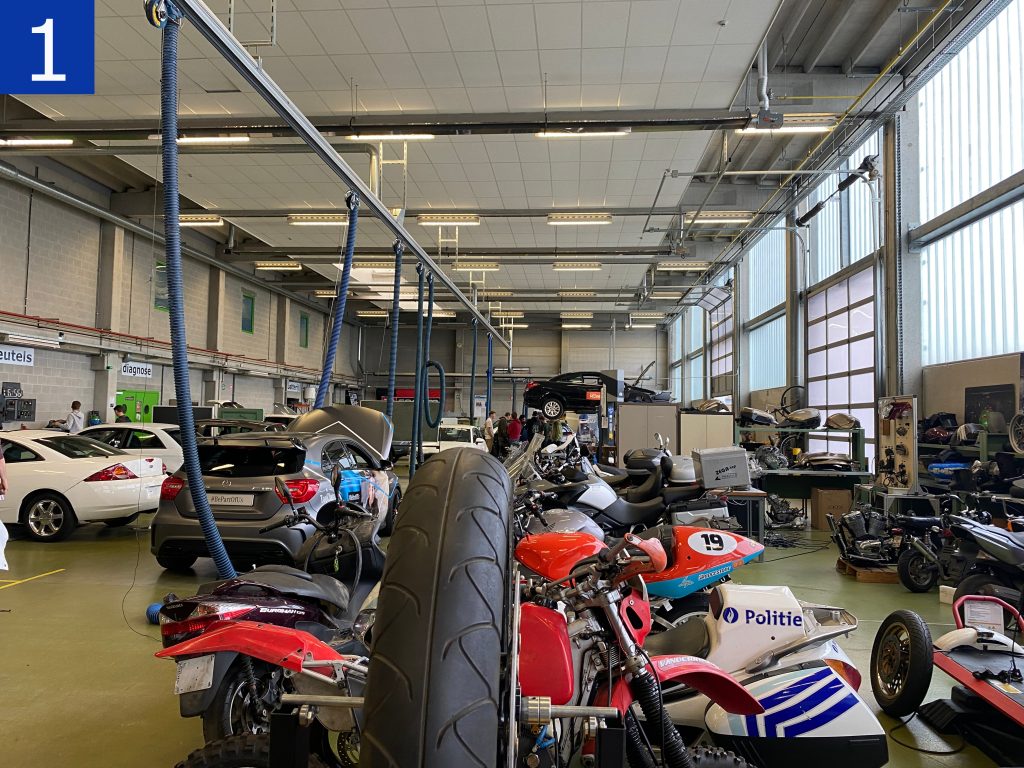
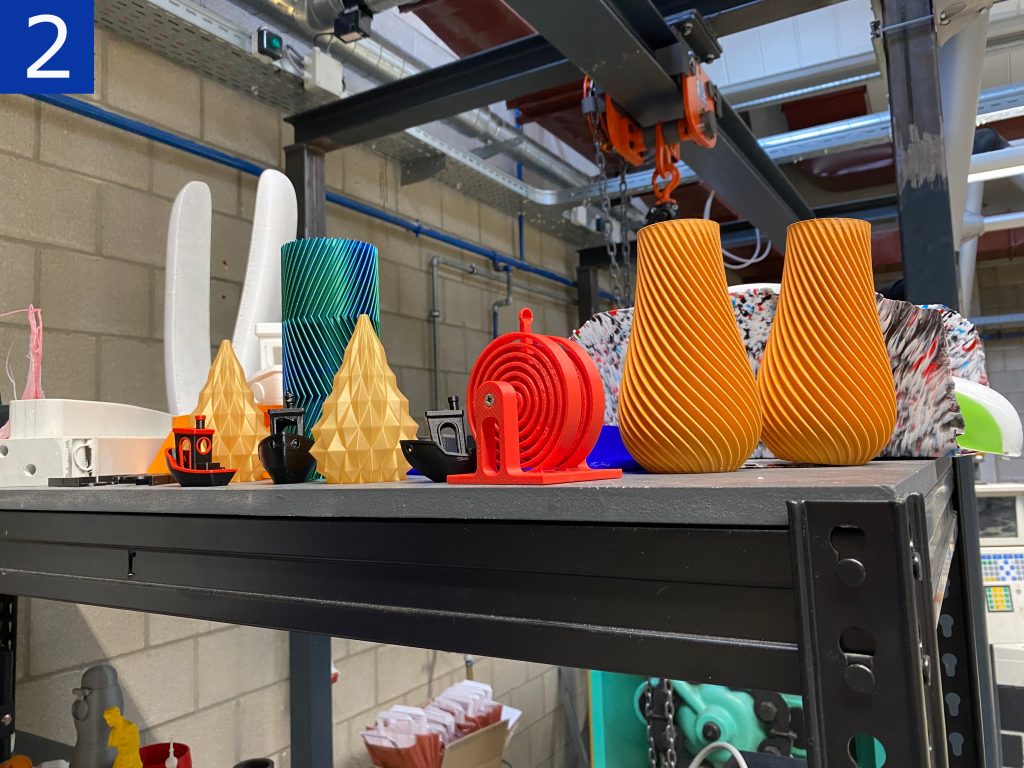
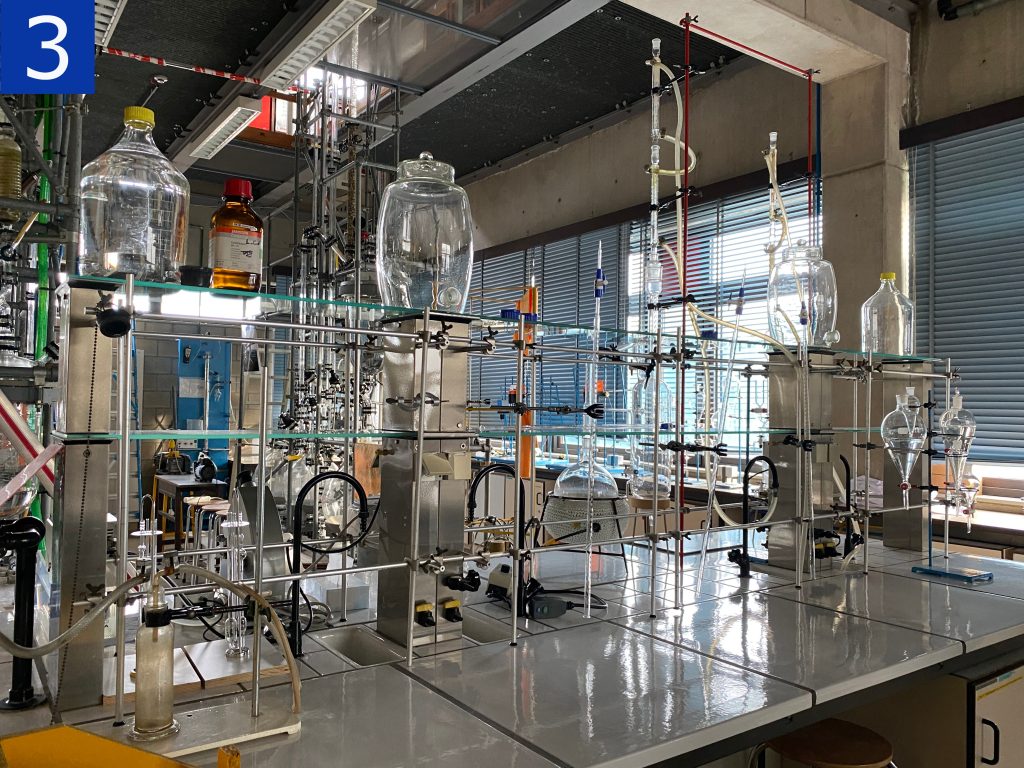
As an example of the learning approach for students we see an assignment from civil construction where students first design a bridge-supporting beam, next physically make it from concrete and steel and finally test it to validate their calculations. The culminating point of the lab session is the final test up to destruction of the beam. The illustration of the testing phase of the assignment can be seen at the picture 4, which was kindly provided by KU Leuven.
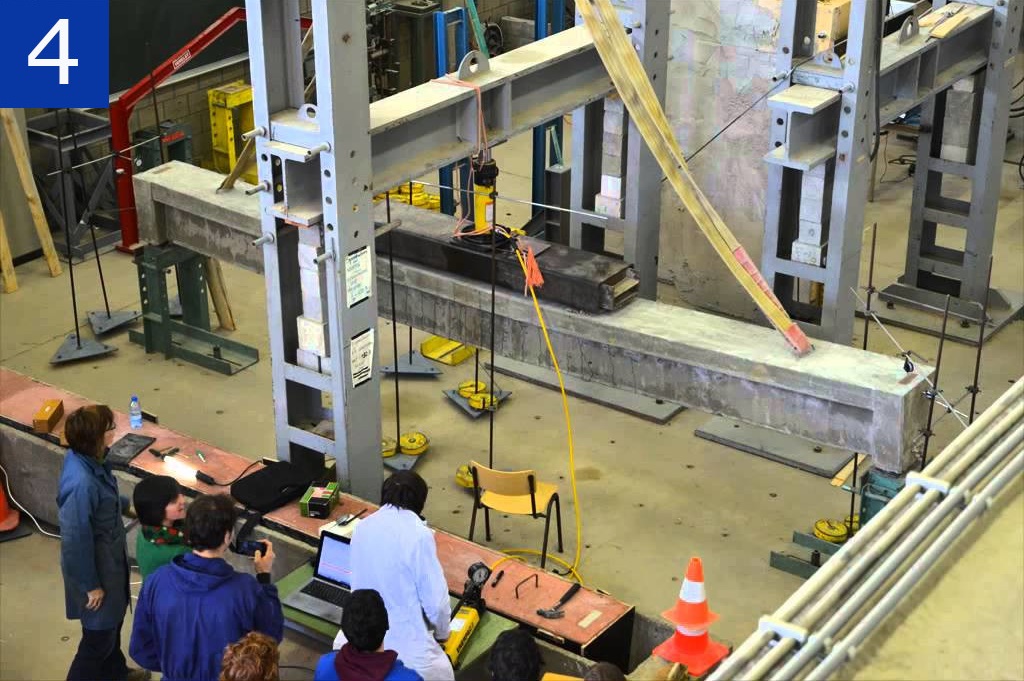
We are happy to be a part of this experience and to see how this global perspective enriches the educational experience and prepares students to be successful in an interconnected world.
